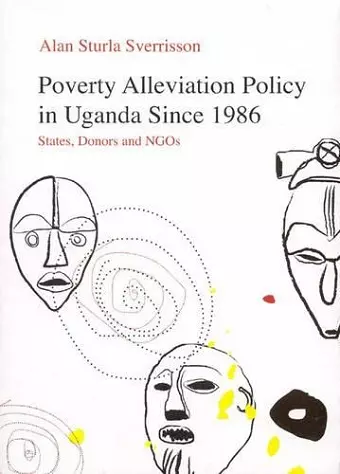Poverty Alleviation Policy in Uganda since 1986
States, Donors and NGOs
Format:Paperback
Publisher:University of Iceland Press
Published:31st Mar '06
Currently unavailable, and unfortunately no date known when it will be back

The overall aim of this book is to ask what the reforms of poverty alleviation programmes and policy tell us about state reform. This can be divided into two elements. Firstly, to evaluate critically the impact of the institutional reforms mandated under the Structural Adjustment agenda on the governance of poverty alleviation programmes. Secondly, to analyse the structural, attitudinal and behavioural dimensions of the progress towards the reform of the African state in the process of poverty alleviation. A key issue that is emerging in the political development of African states is the increasing role of the World Bank and donor organisations, as well as a greater contribution of NGOs in the formulation and implementation of policy. It is hypothesised that policy is forming as a part of a triangular relationship between state institutions, donor agencies and NGOs. Poverty Alleviation Policy in Uganda Since 1986 concerns the way that active state intervention in the alleviation of poverty is decreasing, while on the institutional level, a transformation is occurring that is taking provision away from the state sector and reducing the role of public transfers to the poor. This work highlights a fundamental contradiction in the poverty alleviation agenda; namely that it has been pursued to address short-term problems, while the strategy and institutional environment are designed to yield results only in the long term.
ISBN: 9789979700708
Dimensions: unknown
Weight: unknown
390 pages